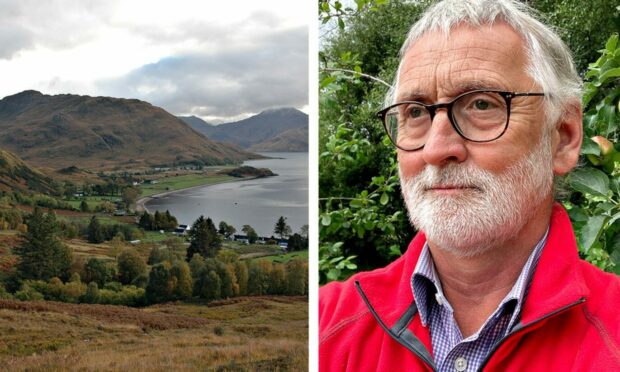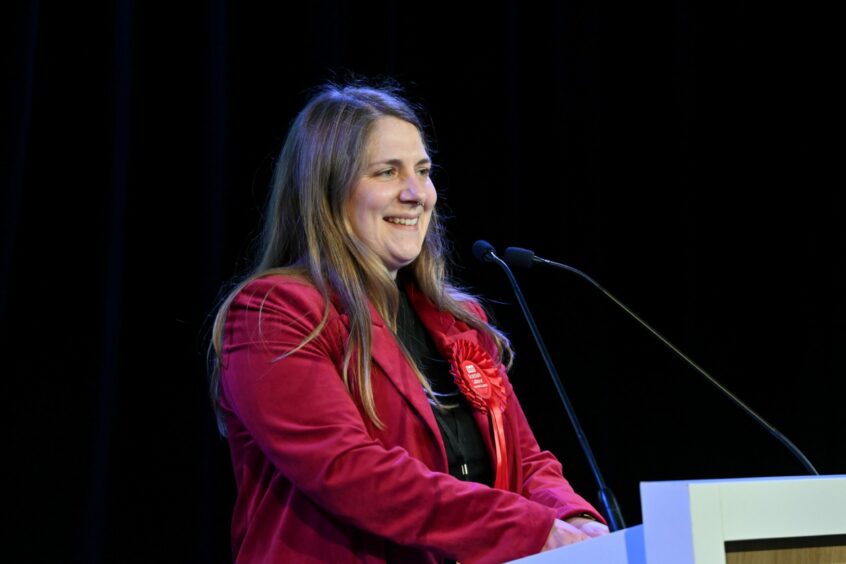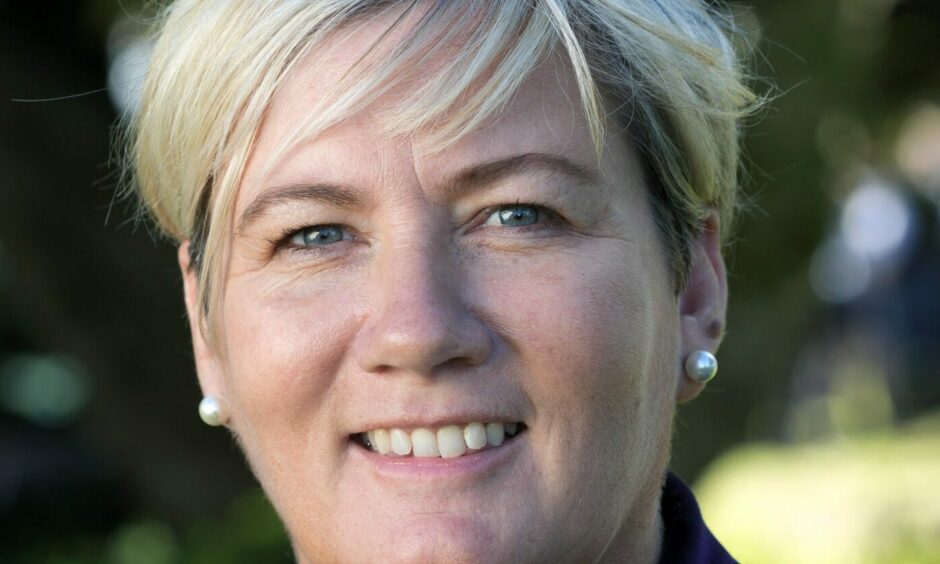Veteran land reform campaigner Peter Peacock has backed an MP’s bid to limit the amount of land anyone can own.
The former education minister and Highland Council convener says the proposed 500-hectare limit is “the most progressive and balanced land reform proposals to have been framed since devolution”.
North East Scotland Labour MP Mercedes Villalba put forward her plan in June in response to a Scottish Government consultation.
She proposes the 500-hectare (1,235 acres) limit on new land purchases, unless a prospective buyer can demonstrate the purchase is in the public interest.
To do so they must set out their plans for the land to a regulator and get their permission to buy.
Against social and economic justice
In his response to the consultation, Peter Peacock said: “Very few people in Scotland own the vast majority of its land and this concentrates influence, power, wealth and opportunity to a few.
“This acts against social and economic justice and is not suited to a modern and more economically equal and socially just Scotland.
“It is time for meaningful action to reduce concentration of land ownership and these proposals deliver the most progressive and balanced land reform proposals to have been framed since devolution”.
Mr Peacock also supports a proposal that the Inverness-based Scottish Land Commission be given the role of regulator.
“Scotland’s land is at present unregulated, and this has direct and negative consequences for protecting the public interest in Scotland”, he said.
“Creating a regulator would be an important improvement on the current position.
“The Scottish Land Commission has made a significant impact on land issues since it was created, and it has built up considerable expertise which is not matched by any other public body or government department.
“The proposal for the Land Commission to become the regulatory body is to be welcomed.”
Protection for islands
The proposed Bill would also allow special protection for islands so no one person could own an entire populated island without the regulator’s consent.
Mr Peacock said: “Owners of whole islands, or significant parts of islands, can wield disproportionate power over residents, as has been seen all too often in history.
“The proposals are an appropriate way to provide protection for island residents.”
Mr Peacock, who backed the Assynt crofters and Eigg buyouts while on Highland Council, suggested previously Government and public bodies should buy up areas of Scotland to ensure fairer distribution of land.
Sarah Jane Laing, chief executive of landowners’ body Scottish Land & Estates, said the suggestion a public interest test should be applied to the sale or purchase of landholdings 500 hectares and above is “nonsensical” and would damage rural businesses and communities.
“It would be unworkable and there is also a very large question mark over whether it would be legal.”
She added: “Land reform activists repeatedly call for ever-more draconian land reform measures which add to the multi-million costs that are already borne by Scottish taxpayers.
“If this test applied on landholdings above 500 hectares it would hand ministers the power to veto even the sale of family-owned farms.
“The Scottish Government’s desire to impose a public interest test on large-scale landholdings poses a real threat to much-needed investment in rural areas, but even it does not suggest a test at this scale.”
She said Scottish Government research shows the overwhelming majority of people in Scotland do not see land reform as a political priority.
“Advocating extreme land reform measures such as suggested by Mr Peacock is out of step with the priorities of the majority of Scottish people.”
The consultation on the Land Ownership and the Public Interest (Scotland) Bill closes on September 12.



Conversation